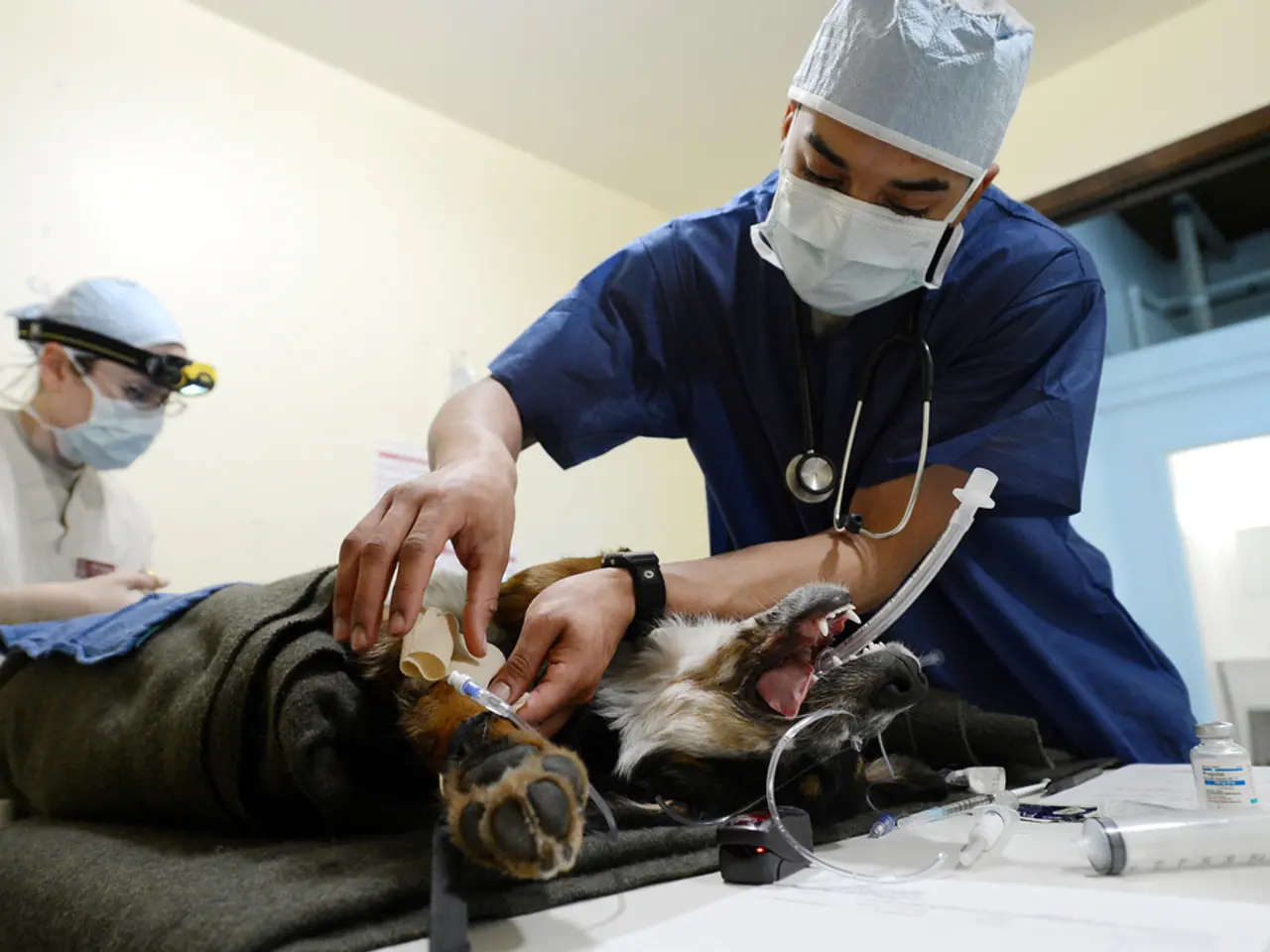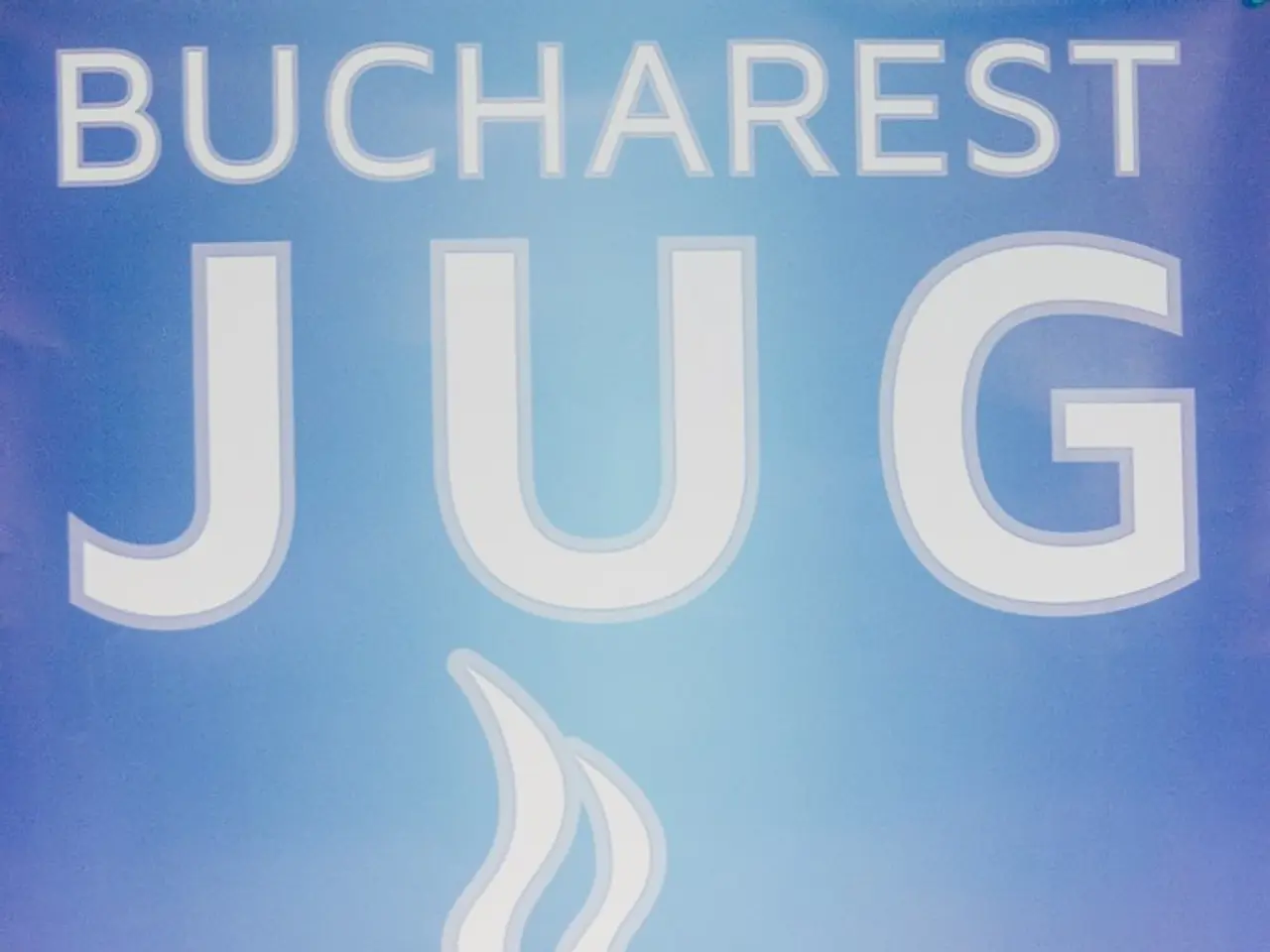High expenses incurred for mask purchases resulting in substantial aftermath costs for millions. - Expensive Aftermath of Mask Purchases: Additional Millions Spent on After-Sales Expenses
In the midst of the COVID-19 pandemic, the procurement of protective masks in Germany has been under intense scrutiny, with various controversies coming to light. As of mid-2025, the political investigation into the mask purchases remains ongoing.
The Bundestag’s Budget Committee is set to receive a secret investigation report on the procurement of coronavirus face masks under former Health Minister Jens Spahn (CDU). Current Health Minister Nina Warken (CDU) will present the report, with sensitive data such as personal employee information and business secrets being redacted for data protection reasons. Jens Spahn is expected to provide his comments voluntarily on this report soon.
The "Masken-Affäre" has already caused political fallout, including resignations. Notable cases include CSU politicians Alfred Sauter and Georg Nüßlein, who reportedly received approximately €1.2 million each, and Andrea Tandler, who received €48 million in commissions related to FFP2 mask deals. Another prominent case under scrutiny involves Bavarian state premier Markus Söder (CSU), accused of facilitating large mask purchases from China despite quality concerns and initial ministry rejections.
The German protective mask industry, initially supported by government subsidies, suffered as imports from China remained cheaper. This led to a reversion to pre-pandemic import dependency by 2025, with implications for procurement policies and transparency.
The ministry spent around 5.9 billion euros for 5.8 billion masks by 2024, but only 1.7 billion masks were distributed domestically. The lack of a distribution concept for the remaining 800 million protective masks in 2024 is criticized in a report by the Federal Court of Auditors.
The Union has rejected a parliamentary inquiry, with the party’s parliamentary business manager, Steffen Bilger (CDU), stating that a committee of inquiry by the Bundestag on the corona period is already being planned. Instead, he believes that the committee can work with experts in a factual and non-partisan manner to process the pandemic. The SPD, with 25 percent being necessary, does not have the necessary votes alone, and they have rejected a joint approach with the AfD.
The Greens and Left have intensified their criticism of then-Health Minister Jens Spahn (CDU) regarding the mask purchases. These disputes revolve around a procurement method used in 2020 by the ministry, which led to fixed high prices without further negotiations, causing suppliers to file lawsuits due to masks not being taken over. Around 100 lawsuits with a total claim value of 2.3 billion euros are pending.
The Federal Court of Auditors has confirmed its criticism of "massive overprocurement", and the Greens' budget expert Paula Piechotta has called for clarification of the mask deals, stating that the public has the right to know given the billions in damages. Spahn, on the other hand, has decried malicious accusations in the debate surrounding his actions, stating that he wishes for his actions to be evaluated in the context of the emergency at the time. He has also stated that he does not fear a parliamentary inquiry.
As of June 2025, no final political conclusions or legal resolutions have been publicly confirmed. The political investigation into the controversial mask purchases during the COVID-19 crisis in Germany continues.
- The investigation report on the procurement of coronavirus face masks, which will be presented by current Health Minister Nina Warken to the Bundestag’s Budget Committee, also includes the period when Jens Spahn was the Health Minister.
- The German protective mask industry, initially supported by government subsidies, faced challenges as imports from China remained cheaper, leading to a return to pre-pandemic import dependency by 2025, raising questions about procurement policies and transparency.
- The Federal Court of Auditors has criticized the "massive overprocurement" of masks, and the Greens' budget expert Paula Piechotta has called for clarification of the mask deals, stating that the public has the right to know given the billions in damages, a concern shared by many in industries, politics, and finance following the COVID-19 crisis.




